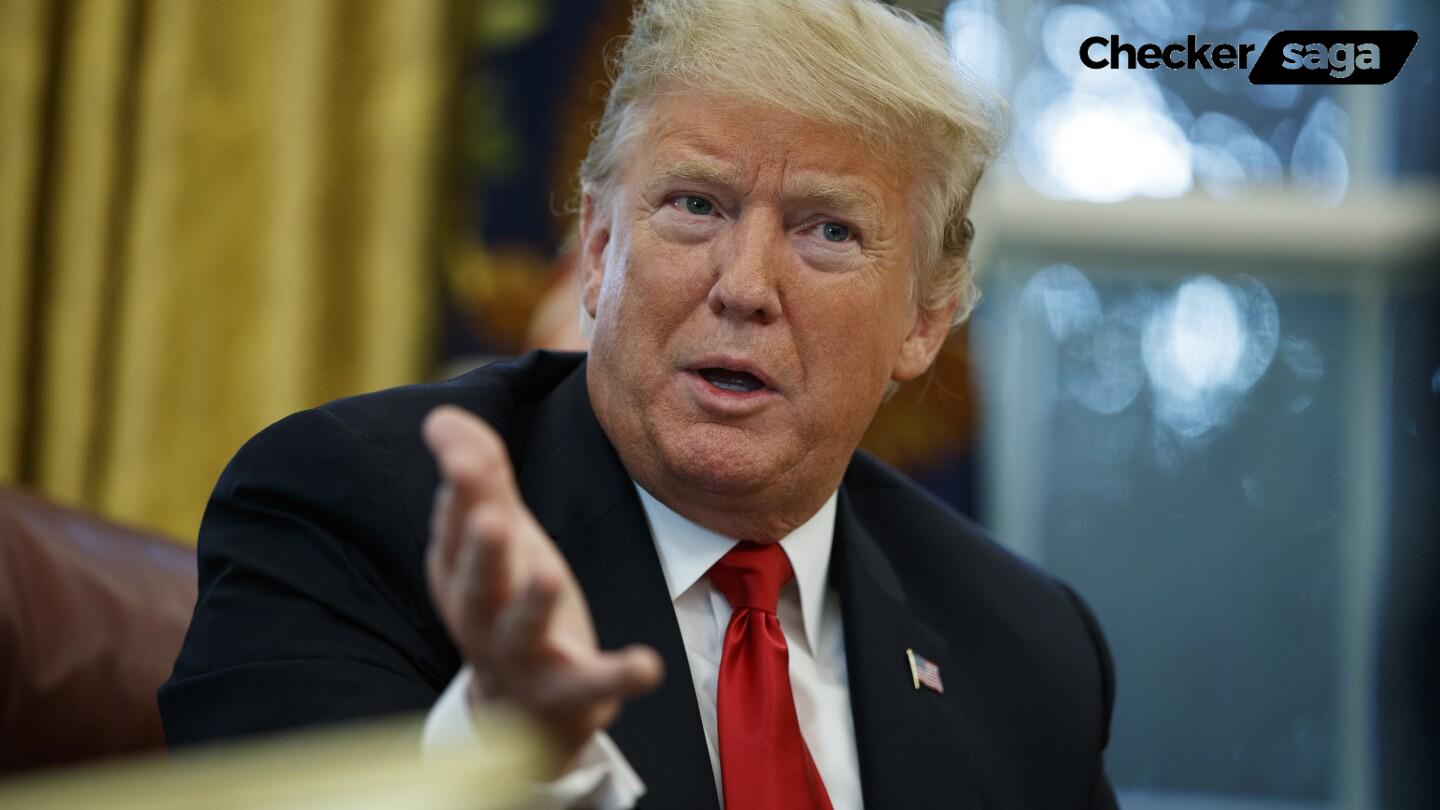In a surprising announcement, President-elect Donald Trump has revealed plans to create a new agency called the ‘External Revenue Service.’ This proposed agency aims to collect tariffs and other revenues from foreign nations starting January 20, 2025, just after his inauguration. Trump’s idea mirrors the functions of the Internal Revenue Service (IRS), but instead of focusing on American citizens, it would target international trade.
What is the External Revenue Service?
The External Revenue Service would specialize in gathering money from foreign entities that deal with the U.S. Currently, the responsibility of collecting tariffs falls to U.S. Customs and Border Protection. Trump’s reasoning for this new service lies in his belief that current trade agreements unfairly benefit other countries while costing American taxpayers. By establishing this agency, he argues that he can ensure these foreign businesses pay their fair share.
The Implications of Tariffs
- The External Revenue Service is set to enforce substantial tariffs on goods coming from countries like Canada, Mexico, and China.
- Trump’s proposals include 25% tariffs on goods from Canada and Mexico, and a whopping 60% on Chinese imports.
- Experts have pointed out that such high tariffs could lead to increased prices on many consumer goods.
- Democratic Senator Ron Wyden has criticized this plan, referring to it as a tax hike on American families and businesses.
Reactions from Economists and Politicians
Economists have voiced significant concerns over the potential consequences of this new agency. Many argue that imposing high tariffs could lead to inflation and make everyday goods more expensive for American consumers. Furthermore, the proposal has faced criticism for potentially duplicating the work already performed by existing federal agencies.
Trump’s Vision for Government Efficiency
Interestingly, Trump’s announcement of the External Revenue Service comes hand in hand with his Department of Government Efficiency (DOGE), which aims to reduce the size of the U.S. government. This raises questions about the efficiency of creating a new agency when there are already established systems in place. Critics emphasize that instead of creating new departments, the focus should be on streamlining and improving existing services.
Potential Consequences for International Relations
With threats of increased tariffs, many are concerned about the impact on U.S. relationships with other countries. Trump’s remarks indicate that he is prepared to take a hard stance against nations he perceives as taking advantage of American trade policies. Canada and Mexico are already bracing for potential retaliation against these proposed tariffs, positioning themselves in a possible trade conflict.
Looking Forward: What Comes Next?
The announcement of the External Revenue Service will require Congressional approval to move forward. As Republicans currently hold majorities in both houses, there is a likelihood that the plan may advance. However, intense debate is expected as both sides of the political spectrum weigh in on the ramifications of such a radical shift in policy.
| Country | Proposed Tariff (%) |
|---|---|
| China | 60 |
| Canada | 25 |
| Mexico | 25 |
As this story develops, Americans will be watching closely to see how the proposed External Revenue Service takes shape and what it means for their everyday lives and country’s economy.
























